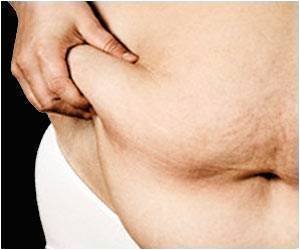
‘FDA approved obesity treatment device can compound unhealthy, potentially life-threatening eating disorder-related behaviors in individuals seeking remedies to reduce their size or restrict food intake.’
Tweet it Now
The Academy for Eating Disorders (AED) President, Eva Trujillo, MD, FAED, stated, "Such a device may carry very serious physical and mental health consequences, including life-threatening situations, and should not be approved by the FDA. This will likely prove to be yet another in a long list of misguided, unsuccessful, and dangerous products for losing weight. We need to stop subjecting people in larger bodies to unsafe procedures and insisting they are a problem to be fixed."Though the FDA has stated that this product is not intended for use on people with eating disorders, members of the Academy for Eating Disorders consider this disclaimer to be woefully inadequate due to the under and misidentification of people with eating disorders, specifically binge eating disorder and higher weight anorexia. For individuals of any size and especially those in larger bodies who may be seeking remedies to reduce their size or restrict food intake, this device can compound unhealthy, potentially life-threatening eating disorder-related behaviors.
The Academy of Eating Disorders has grave concerns that this device would be approved for any patient seeking weight loss. We call for the FDA to reconsider its support of this unsafe device by revoking approval of Aspire Assist.
The Academy for Eating Disorders (AED) is an international professional association committed to the leadership in eating disorders research, education, treatment, and prevention. The goal of the AED is to provide global access to knowledge, research, and best treatment practice for eating disorders.
Source-Newswise















